Why global elites trust Switzerland with their children
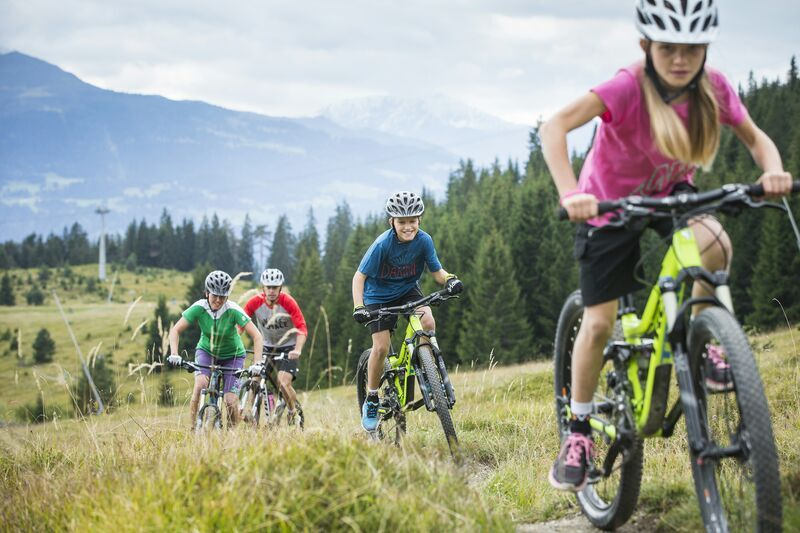
JTCampExternal link operates in a hip Alpine lifestyle hotel that is popular with snowboarders in the winter but elegantly converted into a child and teen haven over the summer. Children check in their mobile phones and valuables on arrival, then plunge into a schedule that has been meticulously considered and colour coded in line with their interests.
This is a family-run business that takes pride in high standards and the smooth blending of children with different tastes, ages, language abilities and cultural backgrounds. It has already started welcoming its third generation of clients from the Middle East – children whose grandparents also went to the camp. Almost two-thirds of students who experience the camp return the following summer.
What’s not to like?
Rose Marie Repond, a former physical education teacher, oversees the afternoon sports activities and excursions. These range from visits to iconic Swiss chocolatiers and glaciers to more unusual llama rides in the Alps, as well as conventional sports like golf and tennis to capoeira or flamenco. The children can switch up their schedules on a weekly basis if they want to try something different.
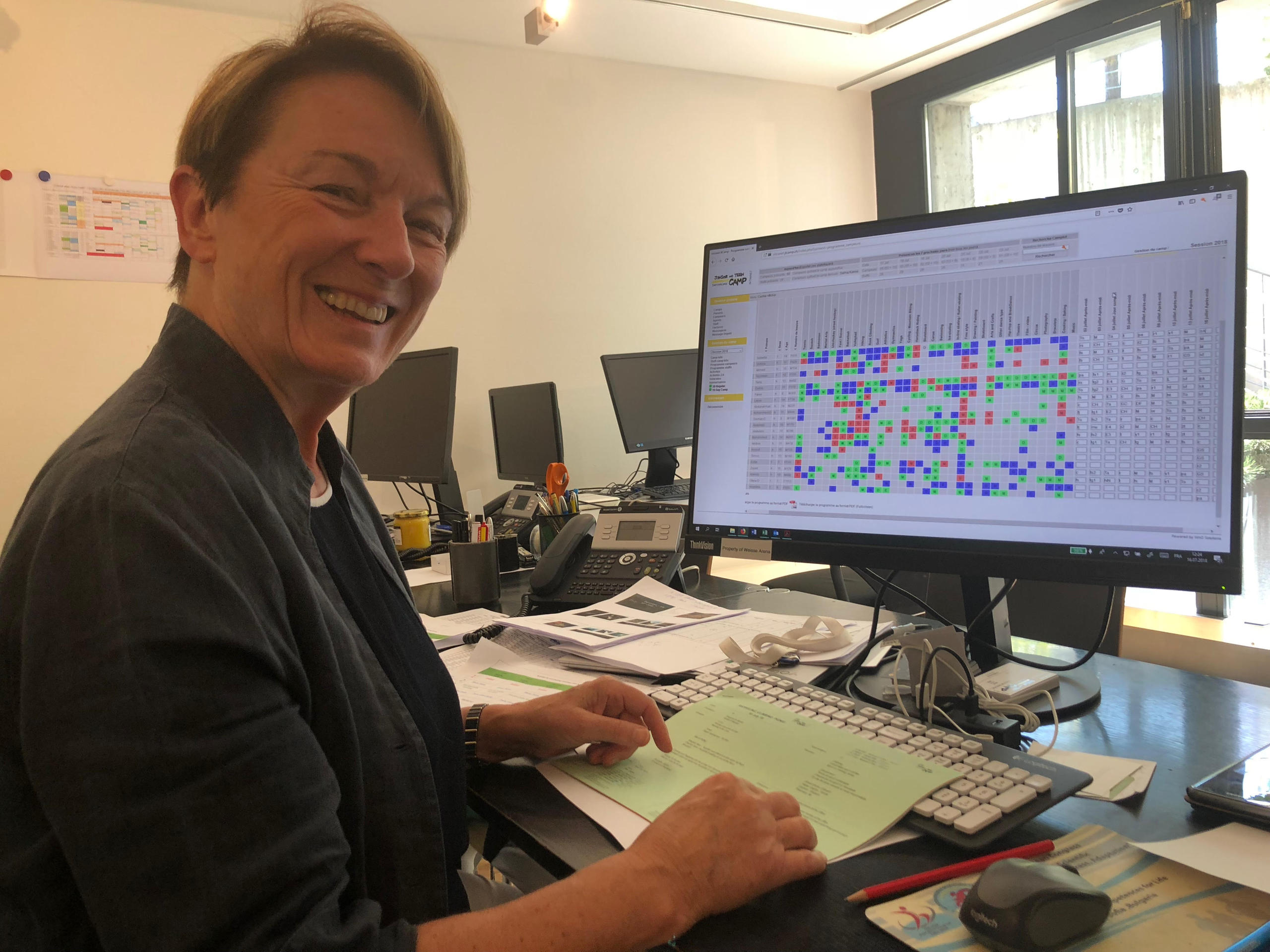
Her husband, Bernard Repond, coordinates language lessons in the morning – with most students opting for English and French and a minority signing up for German or Spanish. Some have had to learn Roman letters from scratch. He recalls a time when handwritten correspondence was used to organise a summer experience. Now bookings are made online, sometimes after swapping just a few sentences over email, or simply at the click of a button.
“Imagine the trust, the responsibility,” says Repond. He knows exactly why parents from all over the world seek out Switzerland for their children and tend to repeat the experience.
“Stability, security. Otherwise how would anyone send a little girl who is just nine years old all the way from Beijing to here?”
Such success is testimony to great personal effort in this case but also speaks volumes about Switzerland’s natural appeal as a summer destination for families and the high standards attached to child care, entertainment and education. There are dozens of summer camps in Switzerland: some of them are the side-business of elite boarding schools, others a seasonal enterprise; a great number of them are classed as premium.
Gilles Tarek Repond was born into the family business and has taken the lead promoting the camp along with the broader region of Flims-LaaxExternal link in eastern Switzerland as a destination in established markets like Russia and newer ones like China.
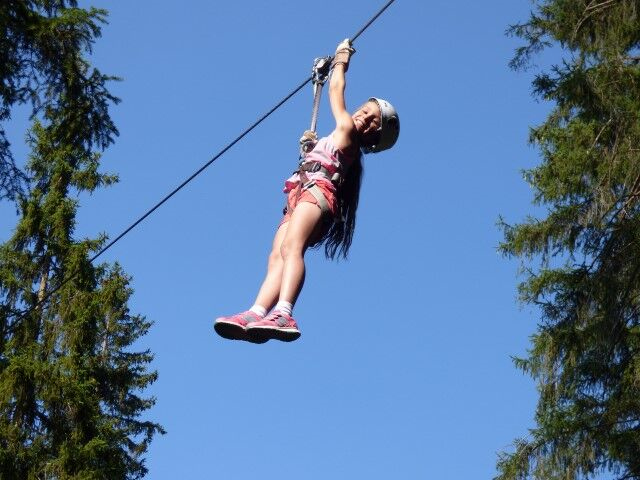
Strong reputation
“Twenty percent of the camp is sold because it is in Switzerland,” he tells swissinfo.ch during an interview at the Riders HotelExternal link, a stylish cubic building combining wood, concrete and glass in harmony with the picturesque mountainside setting.
Much of the marketing happens organically through word of mouth, expanding the trust built over decades across the Gulf region to other parts of the world. The clients are typically financially comfortable, able to afford CHF8,000 ($7,980) for three weeks all-inclusive, which is not the highest price in this market.
“They really want the very best for their kid,” says Repond, the son. “They want three weeks where they can meet children from all over the world, enjoy very high-quality lodgings and food. And they want to have the same level of customer relations that they would have with a five-star hotel.”
A boutique approach
Building on Swiss tradition, the approach is decidedly boutique style and allows for a high level of customisation. Every year a couple of campers arrive by jet, others by helicopter. Most land at Zurich Airport and are collected by camp staff. The reception is staffed 24/7 so the parent who forgets about time difference doesn’t panic over an unanswered call.
On arrival the attention to detail and subtle luxuries is evident: the neatly lined cool bags so that chocolates don’t melt, bedrooms with private showers and secure windows, television screens almost invisible under beige covers, menus made up entirely of fresh produce, a strategically placed fruit basket to encourage healthy snacking, a fancy gym and all kinds of sporting gear.
“Some (campers) have come seven years in a row,” adds Repond. Swissinfo.ch encountered a boy from Colombia who was enjoying his third summer.
Camp directors say that the country’s reputation for safety and stability puts parents across the globe at ease.Switzerland, unlike many of its European neighbours, was spared the wave of Islamic State-related terror attacks of recent years and has stayed on the sidelines of foreign conflicts. It has also been spared the trauma of mass shootings that grab headlines in the United States.
Swiss neutrality a branding boon
Swiss neutrality is particularly reassuring to clients from the Arab world but also Russians who worry that the diplomatic spats between Moscow, Washington and London could deprive their children of a carefree summer experience. Peter Zombori, the CEO of Premium SwitzerlandExternal link, an online luxury travel agency in Zurich, says he has noticed a “Trump effect” over the past two years: the US president has alienated the Arab world and Latin America with fiercely anti-immigrant speeches and policies.
“We have a lot of Middle East clients,” says Zombori. “The Middle East clients are wealthy to super wealthy families.” That range includes top spenders and parents who might be a bit more price sensitive but are still willing to spend between CHF35,000 and CHF100,000 per month for a five-star vacation, signing up multiple children to summer camps. Zombori’s office fields between 8 and 14 camp placement requests per day in peak season and charges a commission for connecting parents with camps that cater to their specific demands.
European families, he adds, are also an important clientele willing to shell out in Switzerland.
“They are mostly doctors, lawyers, middle to upper management people in good positions,” notes Zombori. “They really look for a learning experience in Switzerland. It’s not just about entertaining the kids. Their requests are usually focused more on performance-oriented schools – leadership camps, scientific camps, sports camps, but also with a performance background.”
Multiple choices
Whether in China, Russia or Qatar, the parents who can afford top dollar are clearly comfortable sending their young ones to study thousands of miles away in scenic Switzerland. Others jump on the opportunity to explore the Alpine nation on their own after personally handing over their children to camp counsellors.
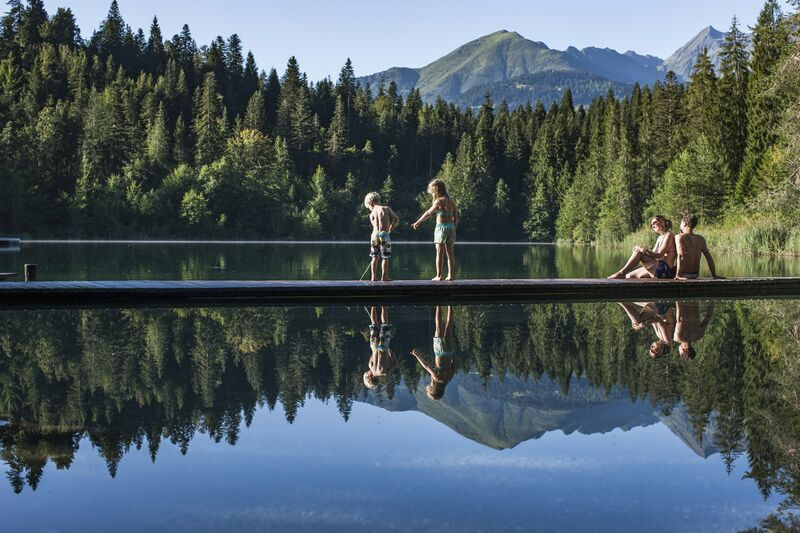
Patricia Woodhouse runs an international boarding school in Montreux that also offers a summer camp programme to girls between the ages of 10 and 16. The school has been traditionally popular with families from the Middle East but is also favoured by wealthy families from Russia, Mexico, India and China. “Quite a lot of Swiss schools operate in that way,” notes Woodhouse, the director of Surval MontreuxExternal link. “As a principal, it means I haven’t lost the school for the summer.”
The business advantage of staying open during the summer months is obvious. At Surval, girls are offered everything from stand-up paddle boarding to canyoning, as well as cookery and etiquette after a morning of English or French language lessons. The price tag ranges from CHF5200 for two weeks to CHF 14,500 for six weeks, with supplementary fees for tutoring in other languages and optional expeditions. The summer programme attracts an average of 70 students. Some then decide to return for the academic year.
Woodhouse says many parents gravitate toward Switzerland because of the environment and grasp that independent education comes at a cost. After all, the children are occupied from 10 am to 8 pm with enriching activities that focus on the child’s well rounded development. The summer camps build on a high-end Swiss boarding school tradition and incorporate vocational elements into their programme.
Top-notch education and environment
“Swiss education has a cache, it is high-end – there is an expectation,” says Woodhouse, who previously worked in Britain. “In terms of extracurricular activities and experiences, it is phenomenal what these children can be offered because of the environment we are in.”
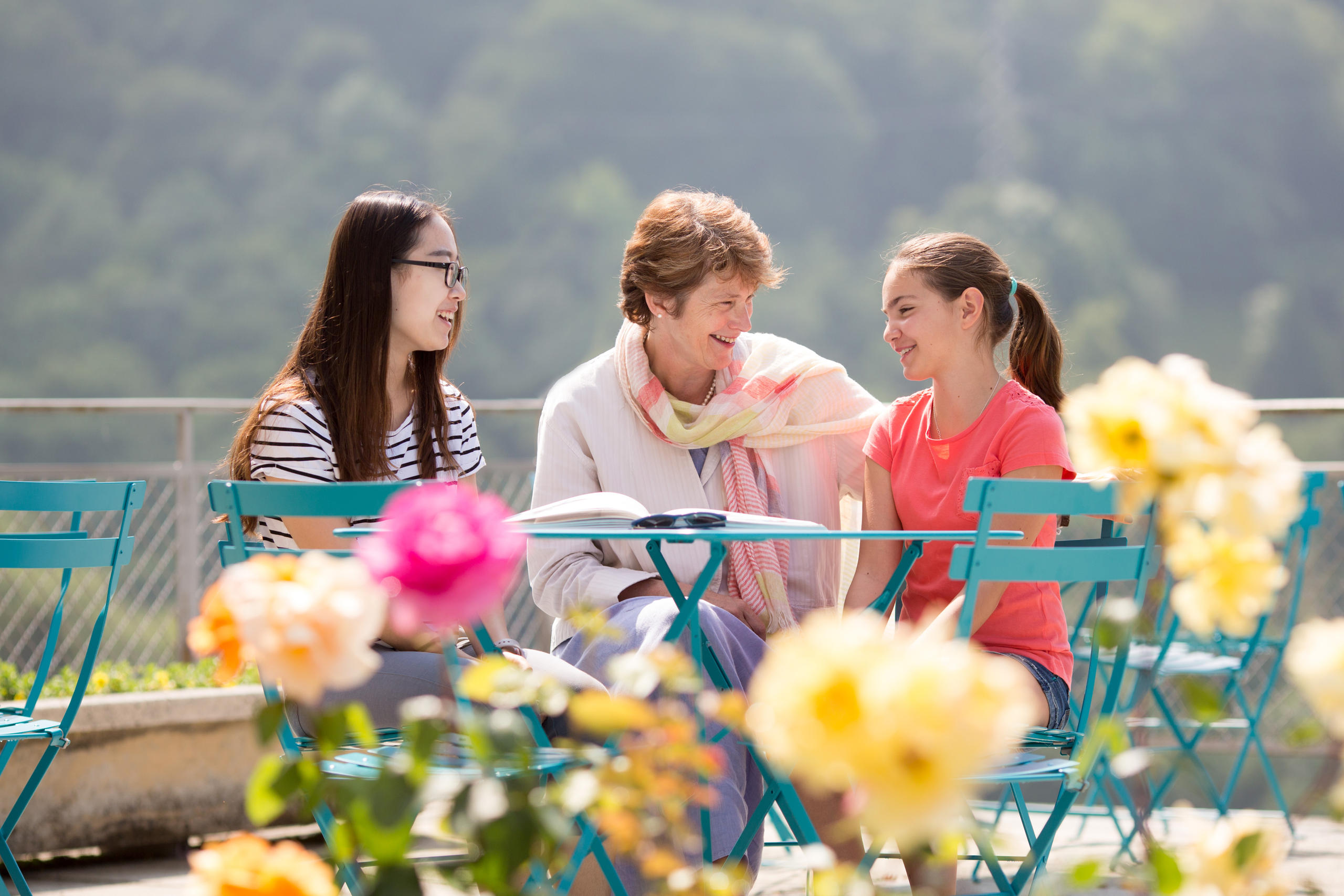
Switzerland’s multilingual character, several camp managers noted, gives Swiss summer camps an edge over Britain as it leads to a more diverse student body. “You don’t get taught other languages at the language summer schools in England and that makes a difference,” stresses Woodhouse. “In England, the schools rent out their facilities to English schools or language schools that are run by other organisations and come in to use the facilities.”
A diverse, global clientele
When it comes to trends, camp managers highlighted greater geographic diversity, an overall shift towards wealthier clients due to the strengthening of the Swiss franc, and an increased interest from the local market. For Swiss parents, like their foreign counterparts, safety is the primary consideration, with many turning their backs on the US as a summer camp destination over school shootings, according to camp counsellors.
“We are seeing a broader spectrum of nationalities: American, Australian, Bahamian, Belgian, Belize, British,” says Julie Tyler, director of International Camp Suisse. In all, the programme attracts campers from more than 40 nationalities with a two-week formula promising five full-day excursions and a minimum of 15 hours of intensive language tuition, plus adventure activities in the resort town of Torgon in eastern Switzerland. Demand for the camp is rising even in Britain, despite the weakening of the British pound relative to the Swiss franc.
No one seems to be concerned by competition. Anglo-Saxon countries may offer cheaper alternatives but they lack the high-level of customisation – the boutique approach – that has put Switzerland on the map not only for tourism but multiple industries. Newcomers, like gorgeous Georgia, may be angling for the Russian market with better deals but odds are summer programmes will struggle to achieve the same kind of diversity and quality in Switzerland. Australia has a competitive edge in the Chinese market and Canada is a natural choice for many parents in the US.
But camp directors in Switzerland are confident that high net worth individuals and their children will continue to gravitate to the Swiss lakes and Alps as they have for decades. And they bank on growing interest from the domestic market. Campsuisse this year launched a day-camp focused on the children of Swiss parents working locally.
“Switzerland itself has that pulling power that neighbouring countries don’t have,” says Tyler. “It seems to be the place that particularly wealthy parents and well-travelled parents want their kids to spend time in.”

In compliance with the JTI standards
More: SWI swissinfo.ch certified by the Journalism Trust Initiative









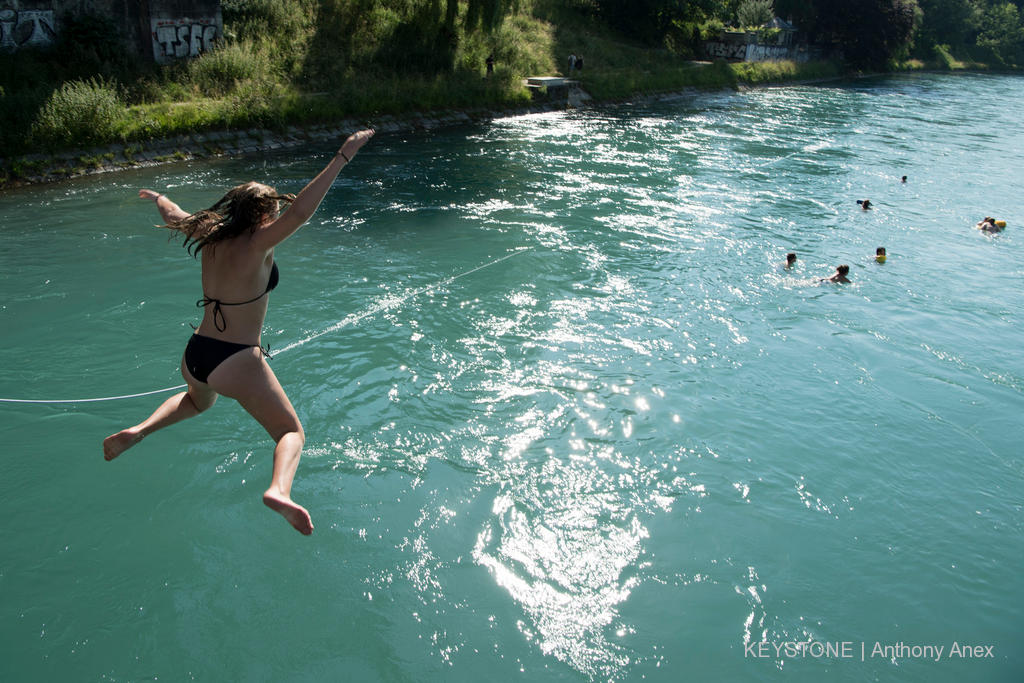
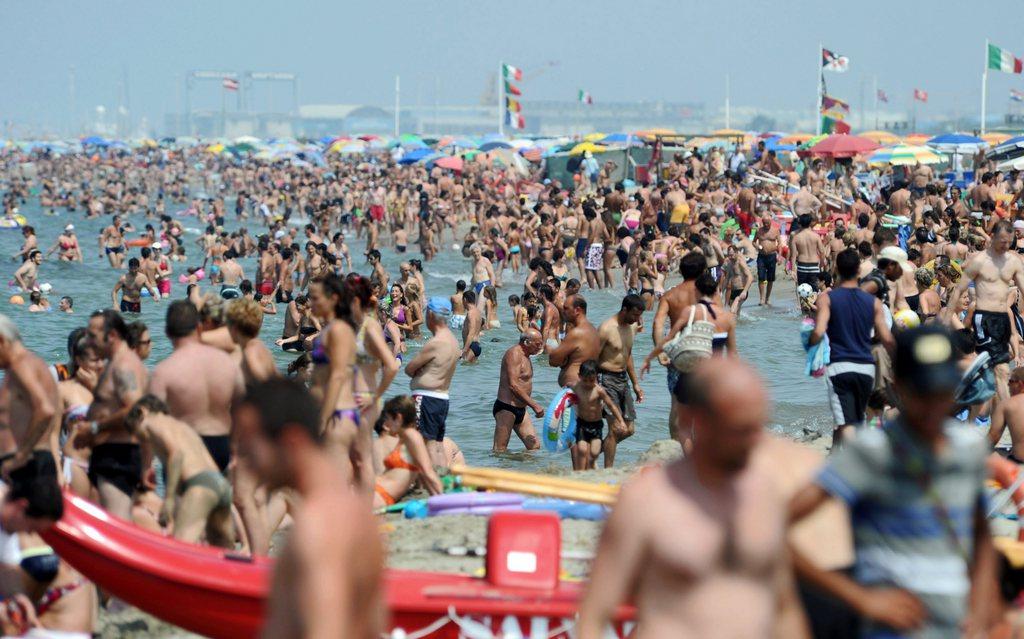

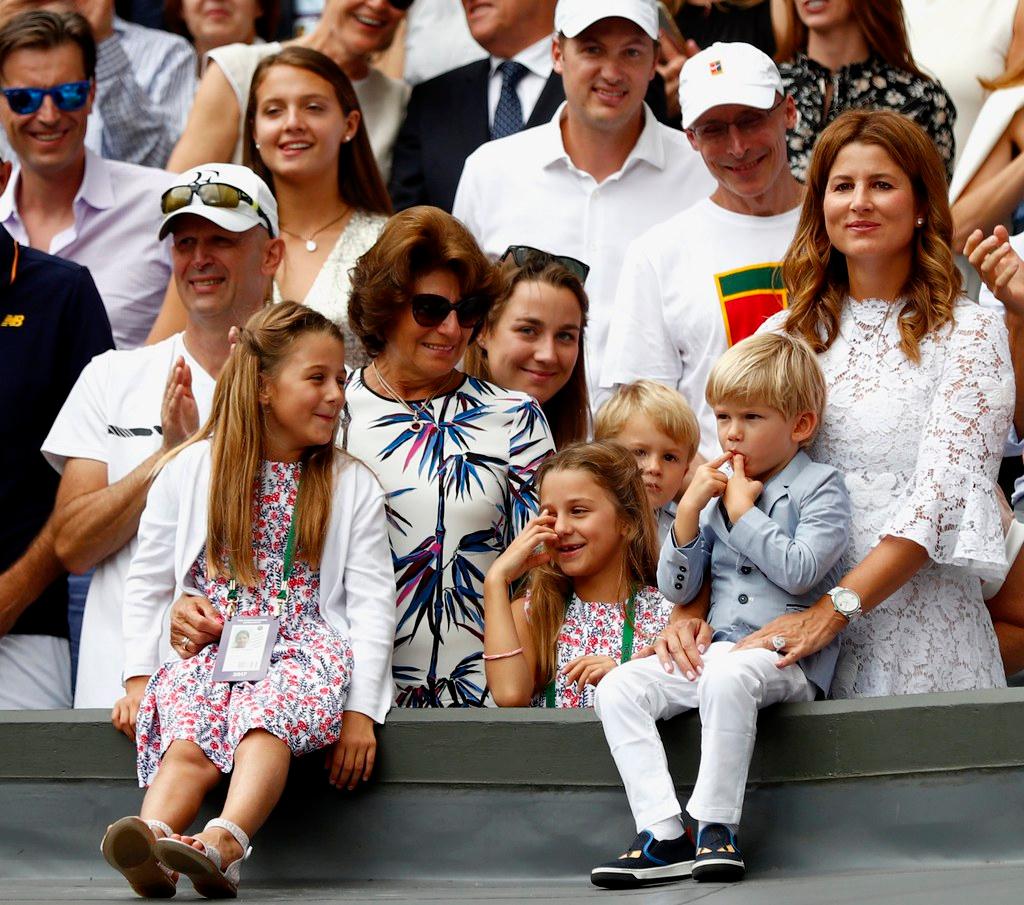

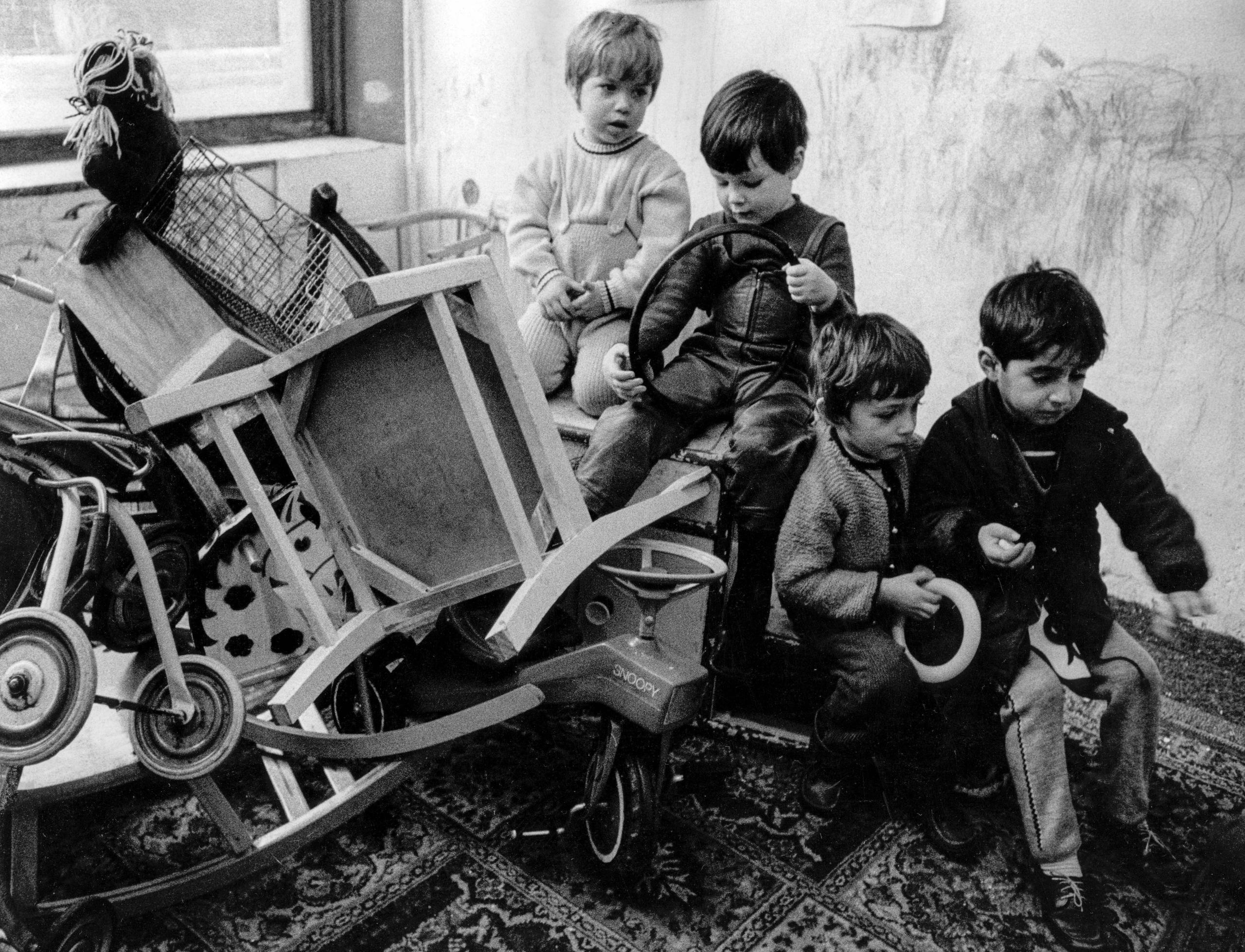

You can find an overview of ongoing debates with our journalists here . Please join us!
If you want to start a conversation about a topic raised in this article or want to report factual errors, email us at english@swissinfo.ch.